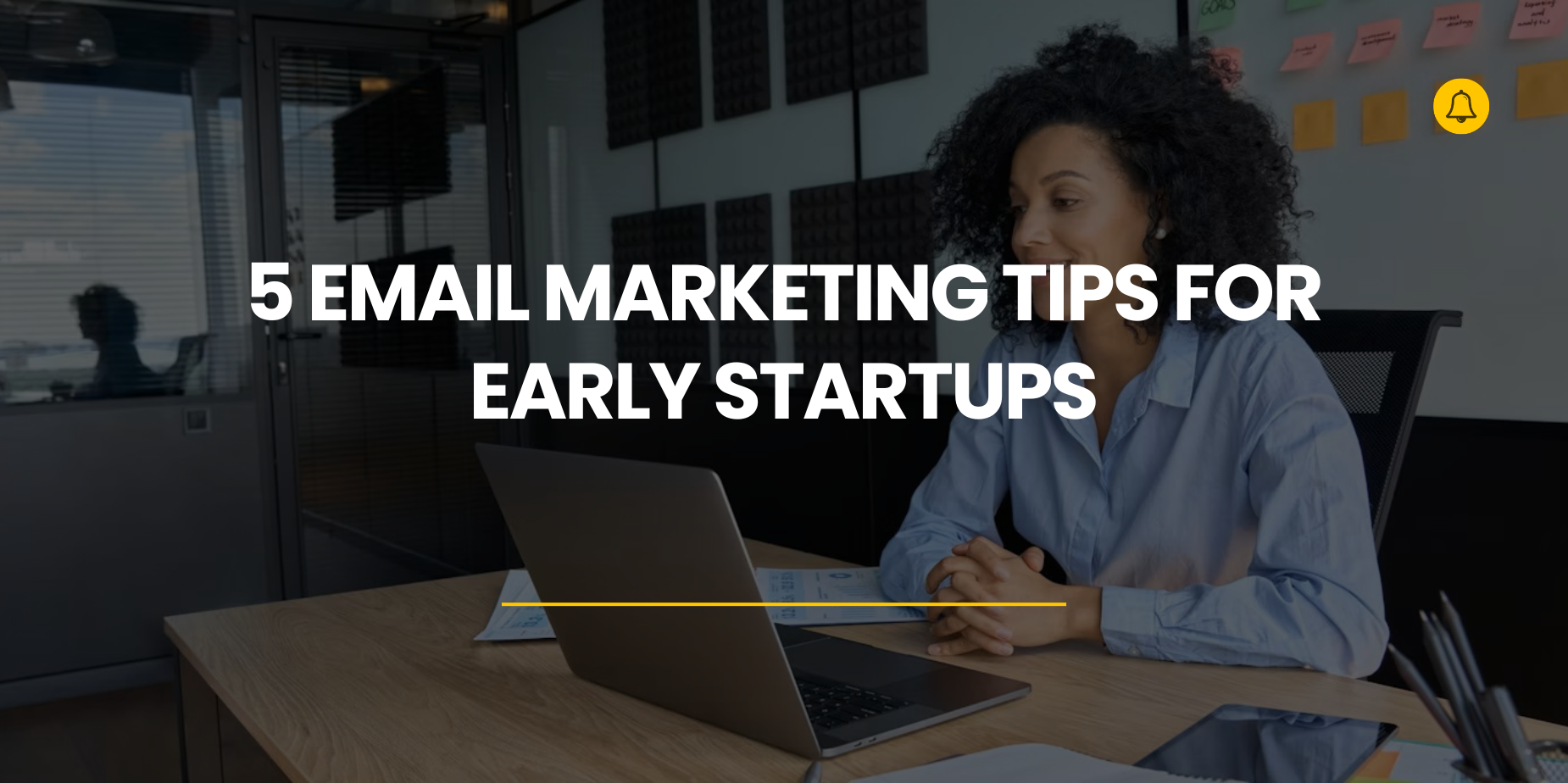At the dawn of the internet in the late 1990s and early 2000s, the prediction…

Engagement vs. Acquisition: Where Should Your Startup Focus in 2026?
in 2026, startups face the same old challenge but in a new digital landscape: how do you grow with limited resources?
Most founders I talk to default to acquisition as their first strategy. After all, more customers mean more revenue, right? But data paints a different story:
-
According to HubSpot (2024), acquiring a new customer can cost 5–7x more than retaining one
-
Bain & Company reports that a 5% increase in retention can boost profits by up to 95%.
-
Yet, over 65% of startups still allocate the majority of their marketing budget to acquisition, leaving engagement as an afterthought.
This tension between engagement vs acquisition is one of the most important decisions you’ll make as a founder. Let’s unpack both sides.
Table of Contents
The Case for Acquisition
Customer acquisition is the fuel that gets your startup off the ground. Without it, you’re not even in the game. Acquisition efforts often include:
-
Paid ads (Google, Meta, TikTok)
-
Referral programs
-
Influencer partnerships
-
SEO and content marketing
-
Cold outreach
Pros:
-
Expands your customer base quickly
-
Boosts brand visibility
-
Necessary in the early stages
Cons:
-
Expensive (especially in competitive markets)
-
Low conversion if not paired with engagement
-
Can create “leaky bucket” growth, where customers come in but don’t stay
The Case for Engagement
Engagement, on the other hand, is about making sure people stay and buy again. This includes:
-
Personalised email & SMS campaigns
-
Loyalty/rewards programs
-
Community building (social, Slack, WhatsApp, etc.)
-
Customer support and feedback loops
-
Educational content & webinars
Pros:
-
Increases lifetime value (LTV)
-
Builds trust and word-of-mouth marketing
-
Turns customers into advocates
Cons:
-
Slower to show impact than acquisition
-
Needs consistent effort & tools
-
If you don’t have enough customers yet, it won’t drive growth alone
Where Should Startups Focus in 2026?
The truth? It’s not an either/or—it’s a balance.
But the right balance depends on your stage:
-
Early-stage startup (0–1 year): Focus 70% acquisition, 30% engagement. You need visibility and traction.
-
Growth stage (1–3 years): Flip the ratio—60% engagement, 40% acquisition. At this point, retaining customers gives more ROI.
-
Scaling stage (3+ years): Engagement should lead. You’ve built awareness; now it’s about deepening loyalty.
Why Prioritising Engagement Pays Off
If you’re strapped for a budget (and most startups are), engagement is your cheapest path to growth. Consider:
-
Email & SMS campaigns cost pennies compared to ads.
-
Retained customers spend 33% more than new ones.
-
Engaged customers refer others—giving you “free acquisition”.
In short: acquisition gets you started, engagement keeps you alive.
The Role of Tools in Getting It Done
The balance is important, but so are the tools you use. A founder manually chasing engagement will burn out fast. That’s where platforms like Yournotify come in.
How Yournotify Helps With Acquisition
Yournotify isn’t just about engagement; it can also power your acquisition strategies with:
-
Referral programs (reward-based invites)
-
Broadcast SMS & email campaigns (to reach cold leads at scale)
-
Tracking & analytics (see which campaigns bring real conversions)
How Yournotify Helps With Engagement
Once you’ve acquired customers, Yournotify helps you keep them with:
-
Personalised SMS & email campaigns (automated, behaviour-triggered)
-
Segmentation tools (target customers by actions, not just demographics)
-
Engagement tracking (open rates, click-throughs, repeat purchase triggers)
Instead of juggling 5+ tools, you can run your entire customer lifecycle from one dashboard.
in 2026, the best startups won’t choose between acquisition and engagement; they’ll master both. But if you’re forced to pick (as many resource-limited founders are), lean into engagement first. It’s cheaper, smarter, and keeps your growth compounding.
And when you’re ready to do both at scale? Tools like Yournotify give you the balance you need to acquire smarter, engage deeper, and grow sustainably.
Read more related articles: 5 Low-Cost Customer Acquisition Strategies Every SME Should Test in 2026


